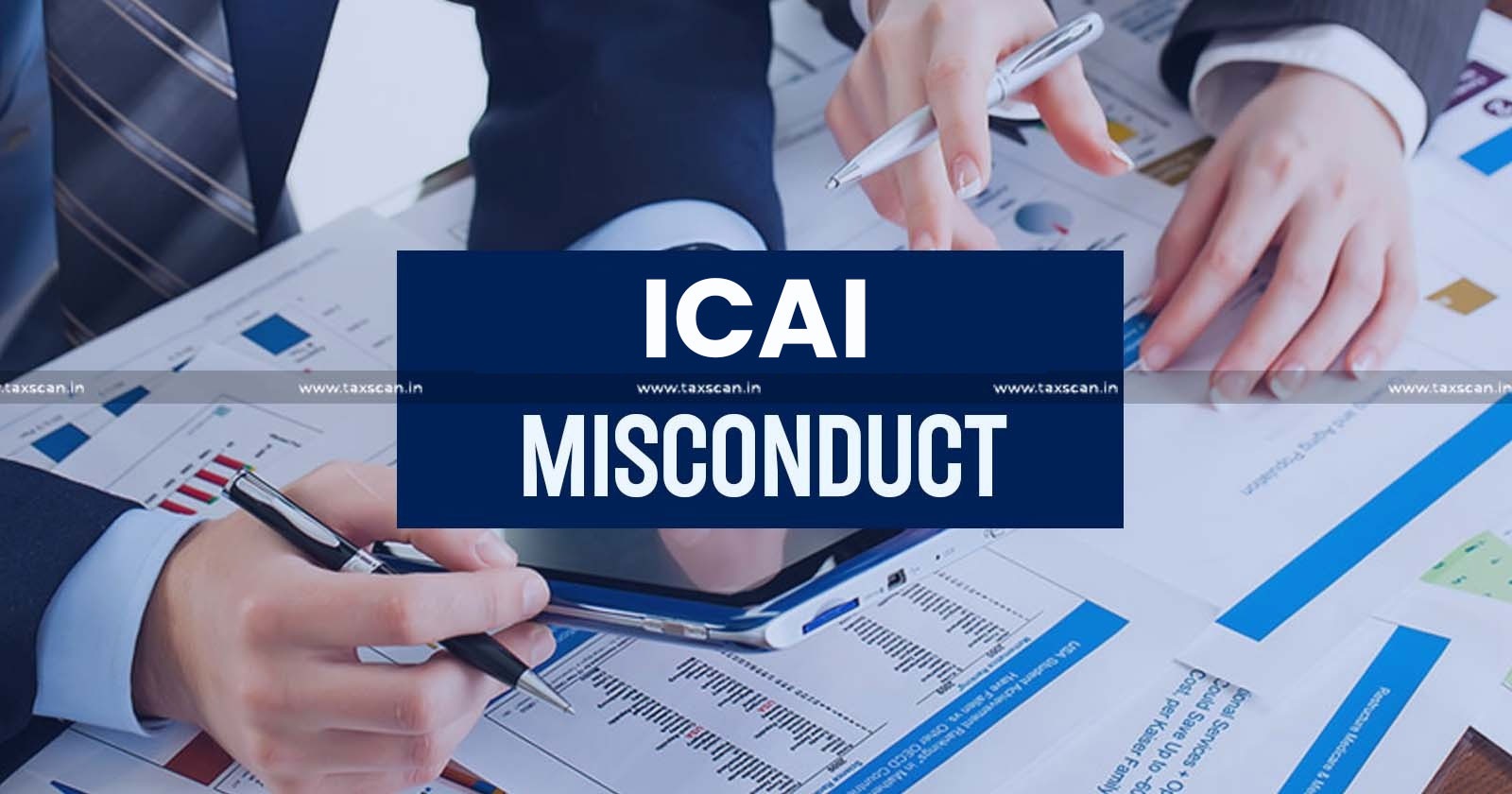K. Kannan, J.@mdashThe petitioners are the parents of the students of the school seek for a mandamus directing 3rd respondent-school to comply with the provisions of Section 3 of the Right of Children to Free and Compulsory Education Act, 2009 (hereinafter called ''the Act'') of providing free education to elementary classes. There is also a contention that a discrimination practiced by the school between the wards of the MMBB and non-BBMB employees are treated differently in the manner of the fee collection. While the wards of BBMB are given fee concession, in that the fee ranges for LKG to 10+2 for old and new students Rs. 705-1005 and 3260- 4760 respectively, the fees for the children of non-BBMB is literally thrice over the actual fee as spelt out in Annexures P/3 and P/4. I would not see for need for replicating the same. The prayer is for quashing the differential fee structures. The counsel would take me to the composition of BBMB as having a whole time Chairman and two whole time members appointed by the Central Government and representatives each of the government of the State of Punjab, Haryana, Himachal Pradesh and two representatives to be nominated by the Central Government. The governments of the States provide the necessary funds to the BBMB to meet all the expenses and allowance of the staff. The 3rd respondent-school which has been established by the BBMB, therefore, gets its full funds from the respective governments and in terms of the provisions of the Act, 2009, the education for elementary classes shall be free. The relevant provisions relating to free education are contained in Sections 3 and 12. Section 3 refers to the right of a child to free and compulsory education of the age group of 6 to 14 and Section 12 refers to the extent of students school''s responsibility for free and compulsory education. The schools could be in any one of the four categories spelt out in Section 2 clause (n) and is re-produced as under:
"2. Definition. 1
XX XX XX XX XX XX
(n) "school" means any recognized school imparting elementary education and includes
(i) a school established, owned or controlled by the appropriate Government or a local authority;
(ii) an aided school receiving aid or grants to meet whole or part of its expenses from the appropriate Government or the local authority;
(iii) a school belonging to specified category; and
(iv) an unaided school not receiving any kind of aid or grants to meet its expenses from the appropriate Government or the local authority;"
Section 12 deals with extent the school''s responsibility for free and compulsory education would also require to be re-produced:-
"12. Extent of school''s responsibility for free and compulsory education. (1) For the purpose of this Act, a school,
(a) specified in sub-clause (i) of clause (n) of section 2 shall provide free and compulsory elementary education to all children admitted therein;
(b) xx
(c) xx
(2) xx
(3) xx"
2. Under the terms of Section 12 clause (a), free and compulsory education shall be possible for all types of school that falls in the category of 2(n)(i). The attempt was to show that this was a school established and controlled by the appropriate Government. Appropriate Government is also defined under Section 2(a) and it is re-produced as under:-
(a) "appropriate Government" means
(i) in relation to a school established, owned or controlled by the Central Government, or the administrator of the Union territory, having no legislature, the Central Government;
(ii) in relation to a school, other than the school referred to in sub-clause (i), established within the territory of
(A) a State, the State Government;
(B) a Union territory having legislature, the Government of that Union Territory;"
The counsel would argue that since the Board is fully funded by the representative Governments, the school which is run by the Board must be taken to be run by the Government and, therefore, Section 12(i)(a) will apply.
3. This assertion of the petitioners is contested by respondents No. 2 and 3 and they point out to the fact that the BBMB does not run the school but it is run through a Society called Dayanand Anglo Vedic College Trust and Management Society (Society), New Delhi with which the BBMB has entered into a Memorandum of Agreement on 29.4.1986. The terms of the agreement have brought out that show that the management of the school vest with the Society and the Board will provide necessary building and infrastructure at a nominal cost of Rs. 1/- per month. The Board shall also provide furniture. Clause 8 (c) provides that the tuition fee will be collected from the students and any other amount received by the Society in form of aid/grant/donation and in the name of the school from any sources shall be deposited in the account of the Society. The recurring expenses of the school obviously emanate not from the Board but partly from the tuition fee collected from the students partly from aid and grant obtained in the name of the school. For any deficit in expenses the amount shall be provided by the BBMB.
4. The manner in which the Memorandum of Agreement is made and the type of funding that makes possible running of the school leaves no scope for an inference that it is run by the appropriate Government in the manner defined under the Act of 2009. It, therefore, cannot fall within Section 12(1) clause (a). The free education that is claimed for elementary classes by the petitioner cannot, therefore, be granted.
5. There is an issue relating to discriminatory practice of differential fee collected from the wards of BBMB staff and the others. The justification made by the school is that every year, there is still a deficit in one or two crores and the deficit is made good by the Board. Since the Board undertake a substantial slice of the deficit in order to tide over the expenses, the students of the Board are given a remission in fees. The issue of whether the fee is properly structured will be beyond the scope of writ petition and the area of intervention with court could make would be only to examine whether the discrimination itself is actionable or not. If there is basis for discrimination then, it must be taken as passing the test of law. The basis is that the BBMB subsidizes education expenses of running the school, if not wholly but substantially supporting the school in all his funding. That must be taken as justification in my view. The counsel would also support the differential fee by pointing out that in the manner of reckoning, if the fee were to be declared as uniform, the board still could be providing a subsidy to the staff for education expenses. Of what would be seen as uniform tuition fee to all students could still be later seen as a differential treatment for the children of the BBMB, if they decide to pay special education allowances. The payment of education allowances itself cannot be seen as arbitrary and even a subsidy granted to the school that in turn is transferred as a special benefit to the children of the BBMB cannot be seen to be bad. I would understand this logic to be perfect and would not find fault with the differential education expenses for wards of BBMB and non-BBMB employees. That leaves for consideration only the lack of civil amenities and poor upkeep of toilets, poor lighting in classes and inadequate furniture. These are surely issues that the school must address. I cannot enforce on a day to day basis of what the school lacks. I direct the school to appoint a Committee of representatives of BBMB which provides financial support for furniture and other infrastructure and include representatives of the parents and school society in equal number viz. two persons each and take their guidance on regular basis to see that the petitioners'' grievances are fully met. The Committee will have full power to ensure due compliance of its recommendations made from time to time. The Committee shall be constituted and the functions of the Committee shall also be duly published after receiving appropriate suggestions and objections from all the stake holders.

